(NLDO) - A devastating impact from space changed the evolutionary process of life on Earth 2.5 million years ago.
A research team led by astrophysicist Caitlyn Nojiri from the University of California Santa Cruz (USA) has found traces of the impact of an ancient supernova on life on Earth in the past.
Surprisingly, it seems that the surprise attack from space was beneficial, at least for some species.
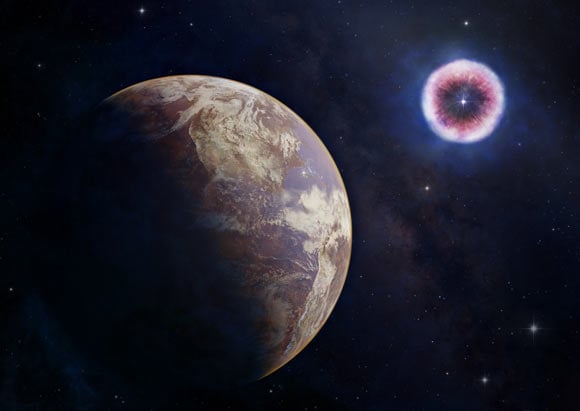
An Earth-like planet impacted by a supernova - Graphic image: NASA
The discovery comes from research into viruses living in Lake Tanganyika in Africa as well as geological evidence relating to times the planet was "bathed" in powerful cosmic radiation.
According to Sci-News, life on Earth is constantly exposed to ionizing radiation from both terrestrial and cosmic sources.
While radioactivity in bedrock gradually decreases over billions of years, cosmic radiation levels fluctuate as our solar system moves through the Milky Way.
In particular, increased radiation levels are predicted when the Solar System passes near large groups of stars called OB associations, which generate intense stellar winds that blow super-bubbles of hot plasma into space.
It is estimated that about 6.5 million years ago, Earth entered such a structure, called the "Local Bubble", with an outer layer rich in stardust.
This bathed the planet in old iron-60 particles, a radioactive form of iron created by exploding stars.
“Then, about 2-3 million years ago, one of our neighboring stars exploded with tremendous force, providing our planet with another batch of radioactive iron,” the study, published in the journal Astrophysical Journal Letters, said.
Of these, the time frame of about 2.5 million years is considered the most reasonable.
Models show that in the 100,000 years after the explosion, our Earth was hit by a powerful wave of radiation.
This model perfectly explained the sudden increase in radiation at that time that had been recorded by other geological studies, something that had puzzled astronomers for years.
It is worth noting that life on Earth was already well developed at that time. Intense radiation is known to damage DNA.
But evolutionary research on virus communities in Africa shows that at that very moment, an evolutionary turning point made them more diverse, more advanced.
The timing suggests that cosmic radiation may also have prompted the evolution of life on Earth, or at least some species.
It's not yet clear whether other species receive similar benefits from viruses, but it would be an exciting new direction for evolutionary biologists to continue their research.
Source: https://nld.com.vn/mot-vat-the-dang-so-da-lam-su-song-trai-dat-tien-hoa-nhay-vot-196250222075748263.htm










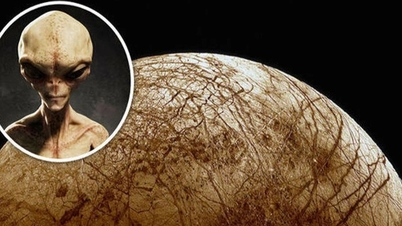

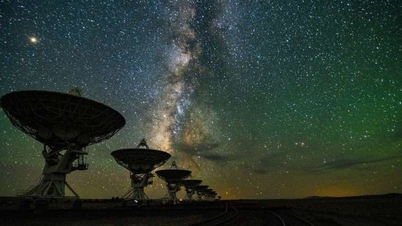



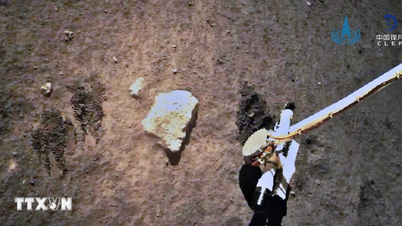

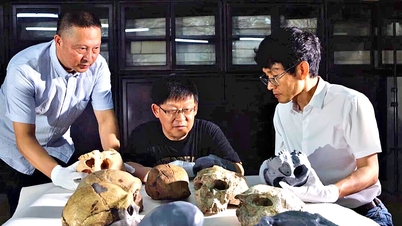






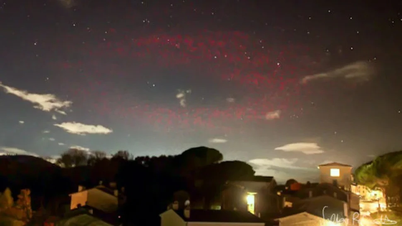





























































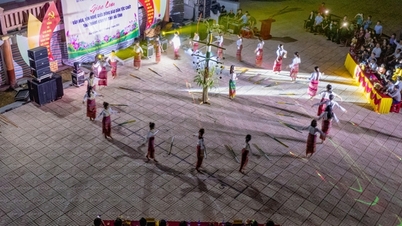
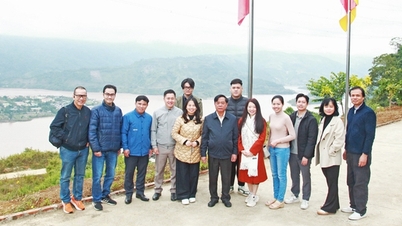

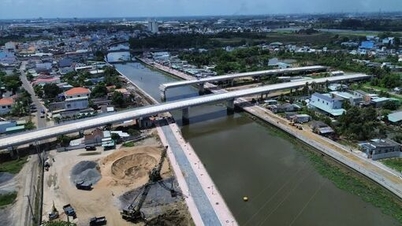

















Comment (0)